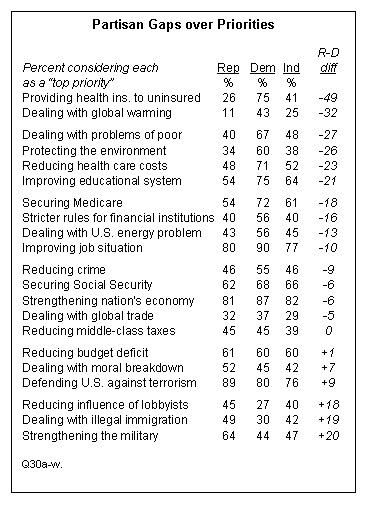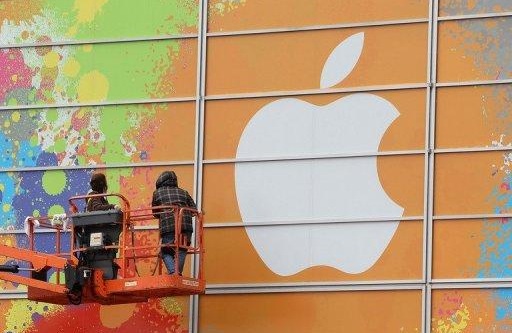
Notes from north of 49ºN
I’ve been immersed in Canadianess on several fronts this week. There’s the Vancouver 2010 Olympics, of course, and I went to an innovation talk by the CEO of Porter Airlines, an emerging Canadian success story, at MaRS here in Toronto.
I’ve heard about some backlash about Canada’s “Own the Podium” programme, which I’ve dubbed “pwn the podium,” but I find the whole spectacle fascinating. The first Olympics I remember, which will date me, is Montréal-1976. I remember watching, on a B&W TV in the kitchen, Nadia Comăneci dazzle the world, as well as Gilda Radner’s impersonation of her on Saturday Night Live. I remember the US hockey gold medal in 1980 and the US-led boycott of the summer games in Moscow. I was in Westwood near UCLA during the 1984 Olympics in LA and still recall the pastel iconography and the feel-good pervasiveness that just didn’t jive with my own brand of teenaged angst. Over the years, I’ve followed the Olympics, as I’m interested in spectacle in the Debord sense, but not soooo cynically. So much hinges on the dramas, albeit often hyped by the media. Although, the story of the first Canadian to win gold on Canadian soil, Alexandre Bilodeau, is quite compelling. Alexandre took up skiing, as his mom wanted her kids to take up a more family-oriented sport, which could include his older brother with cerebral palsy, Frédéric.
The coverage of the Olympics is a perfect example of mediascapes, as described by Arjun Appadurai::
“‘Mediascapes’, whether produced by private or state interests, tend to be image-centered, narrative-based accounts of strips of reality, and what they offer to those who experience and transform them is a series of elements (such as characters, plots and textual forms) out of which scripts can be formed of imagined lives, their own as well as those of others living in other places.”
So, what made me laugh out loud was Salon.com reporting they got hammered for the snarky remarks made by writers on their site on articles on the Olympics . Oh, Salon, desperately trying to be relevant by stirring the pot, which I find it often does with gendered issues—oh cruel fates, why can’t Roman Polansky get arrested monthly?! Salon writers are like ironic hipsters who aren’t quite clued in to how planting “tongue-in-cheek” with one’s writing doesn’t preclude you from looking like an idiot for missing the forest for the trees.
Heather Havrilesky and Steve Almond both poked fun at Vancouver Games. Heather’s “D’oh, Canada!” piece was a play-by-play on how the opening ceremonies were cheesy, boring, and with poor production values—a colossal fail. She ends with a reiteration of her take on how the bland NBC is, along with how they are complicit in not accurately depicting the ceremonies as an embarrassing mess::
“And do Costas and Lauer acknowledge what a big mess it is? Hell, no. Instead they’re happily prattling along as Wayne Gretsky rides to the real outdoor Olympic cauldron in the rain. Why didn’t they just have one cauldron? Sadly, this outdoor one looks just like the malfunctioning heap inside.
Oh, Canada. You may among the friendliest and most welcoming people on earth, but sometimes friendliness, politeness, and “making it be” just isn’t enough.”
Almond went through the various gaffes and SNAFUs of the first few days of the games. Bitch bitch bitch. He concludes with this trenchant observation::
“We’re really sorry it had to go this way, Canada. We love your health care system and your uncomplaining tolerance of sub-freezing weather and your almost freakishly low-key attitude. But when it comes to mindless, over-hyped spectacles of late model capitalist excess, you should probably leave the driving to us.“
While NBC provides a mainstream mediascape, Salon is providing a cynical, urban-liberal hipster variant, slathered in a fatty gravy of pseudointellectualism and punctuated by cheese curd five-dollar-turns-of-phrase, like so much poutine.
In my opinion, this is nothing to get in a lather about, since it’s so utterly predictable. Mediascapes are all about persuasion, promotion, and, in Salon’s case, pageviews. Their depiction of Canada as bumbling bumpkin cousins to the north is really just the flipside of NBC’s mainstream message of pro-US feelgood candy. Hand in glove. I can just hear George Peppard say, “I love it when a plan comes together.”
Salon should have more compassion for Canada. Salon has spent 15 years trying to be an über-hip West coast New Yorker, but are still just bumbling bumpkin cousins to the West.
BTW:: The idea that Canadians are polite. Ha! It’s another myth.
Twitterversion:: Salon.com pwned 4 snarky #Olympics articles. Urban uberhipster liberalism just flipside 2 mainstream NBC feelgood candy. @Prof_K
Song:: The Smiths-“William It Was Really Nothing”





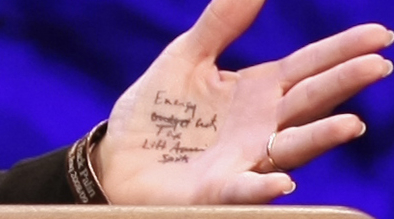


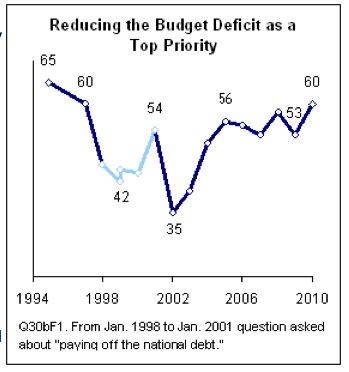 What I’m not sure is whether or not people get the implications of a huge debt. I remember in macroeconomics being taught about
What I’m not sure is whether or not people get the implications of a huge debt. I remember in macroeconomics being taught about 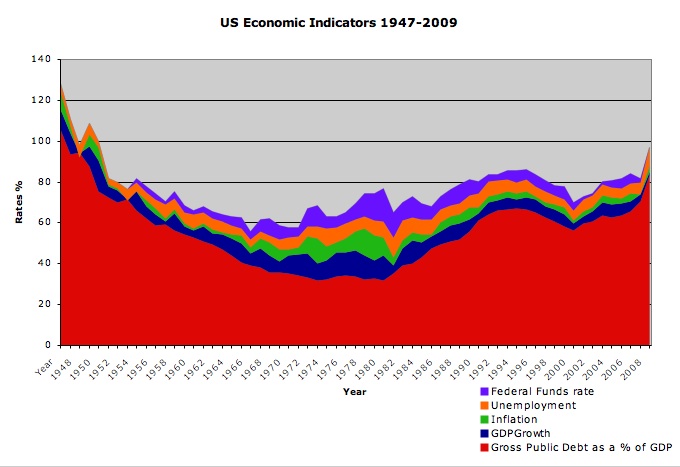

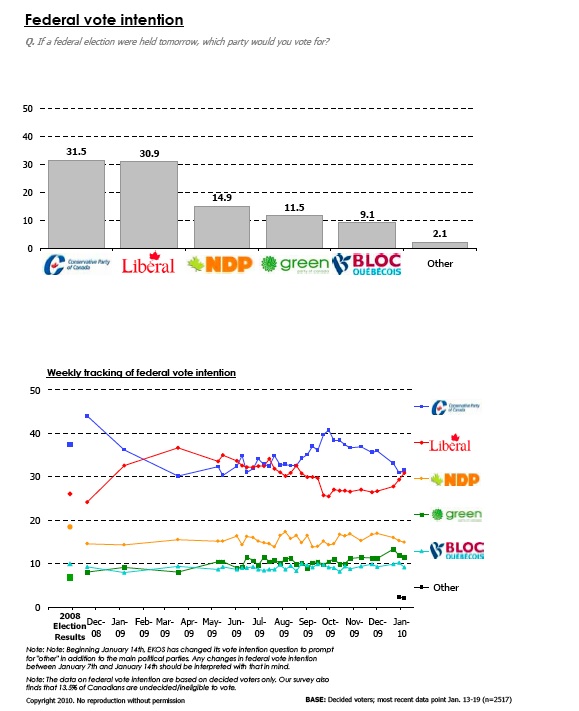
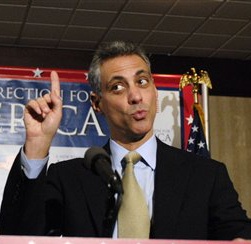
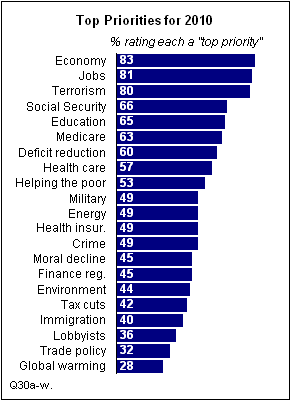 Terrorism is third, with the Christmas airline bombing attempt fresh in people’s minds. The next three are interesting with possible drivers:: social security {decimated retirement plans and obliterated pensions}, education {
Terrorism is third, with the Christmas airline bombing attempt fresh in people’s minds. The next three are interesting with possible drivers:: social security {decimated retirement plans and obliterated pensions}, education {